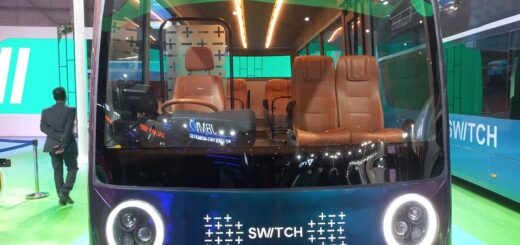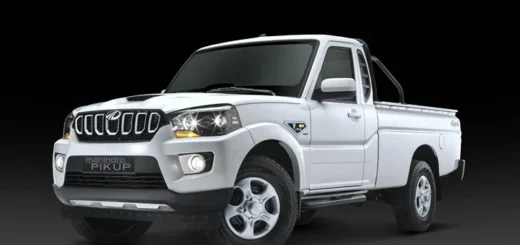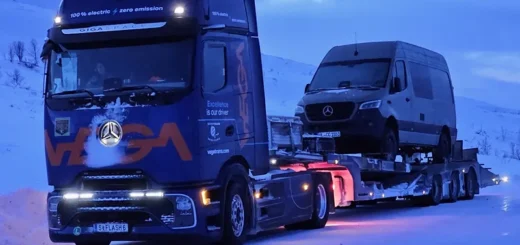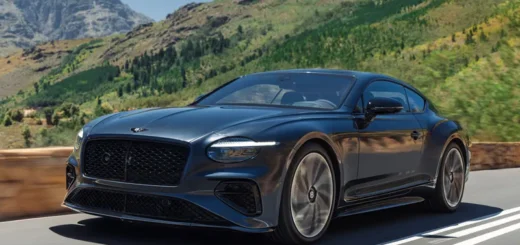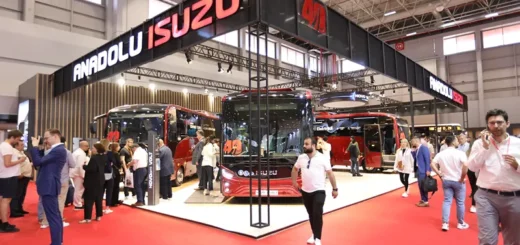Toyota Corolla Cross Hydrogen ICE concept presents new possibilities | Auto Expo 2023
The Toyota Corolla Cross H2 features turbo-charged hydrogen IC engine with high-pressure direct injection technology from motorsport activity, presenting an alternative and practical solution for road cars.
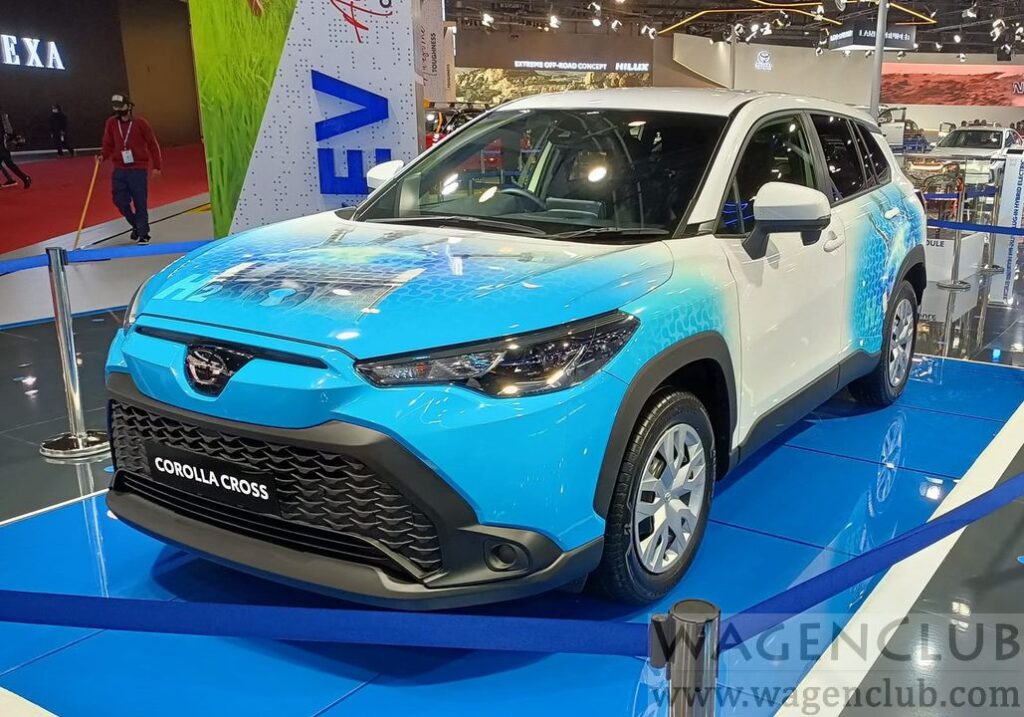
Toyota firmly believes in multi-technology approach to carbon-neutrality and zero-emissions, by putting its eggs in different baskets including battery electric, fuel-cell electric and plug-in hybrid, hybrid electric technologies and so on for passenger cars.
Taking forward Toyota’s developmental experiences with hydrogen combustion technology from its GR Corolla H2 race car that had participated in all Super Taikyu endurance races in Japan, the company has developed a prototype road car that can run on compressed hydrogen gas using and ICE similar to a petrol engine.
The technology demonstrator car was presented in India as well, at the Auto Expo 2023 Motor Show held in Greater Noida recently. Although the car is neither expected to go into mass-production nor have any relevance to our car market, the Corolla Cross H2 is one-of-its-kind to be ever presented in India.
Also Read: Toyota Mirai: Exceptional Technology masked by curvy design
The Corolla Cross H2 is equipped with a 1.6-litre (1,618 cc), 3-cylinder turbo-charged engine from the GR Corolla race car, spark-ignited with a high-pressure hydrogen direct injection technology. It is paired to a 6-speed manual transmission.
Further, the hydrogen tank packaging know-how is derived from Toyota Mirai FCEV, with two tanks located beneath the rear seat and luggage compartment. They operate in pressure of 70 Mpa (700 bar).
Toyota claims that over the course of one Super Taikyu season, the power of its H2 engine was improved by 24 percent and torque by 33 percent, resulting in a dynamic performance on par with a a similar-sized petrol engine. Also, the driving range has been extended by about 30 percent, with refuelling time reduced to just 1.5 minutes.
The biggest advantages of the H2 ICE is that they can make use of the existing engine technologies, thereby making the energy transition more affordable and hazzle-free. Not to mention the refueling period is quicker in hydrogen, unlike hours of battery recharging timeframe in EVs.
Also Read: Ashok Leyland 4125 HN with Hydrogen IC engine | Auto Expo 2023
Moreover, the use of rare-earth metals such as lithium and nickel in making EV batteries can be averted. Use of renewable-energy sourced green hydrogen can make hydrogen ICEs almost zero-emission and carbon-neutral, without putting any significant stress on the nation’s power grids and domestic power lines (for charging of EVs in large numbers).
It is not yet possible to say if the H2 ICE technology will reach maturity for road cars, but there is without doubt a clear opportunity in motorsports.
Toyota Global
Toyota says that it is around 40 percent along the path to commercialization of hydrogen ICE cars such as the Corolla Cross H2 Concept. The company drove its GR Yaris H2 on public roads in Europe last year, and real-world evaluations are already on Japan. Nevertheless, the hydrogen-powered ICE cars may still take years to enter mass production for commercial sales in global market.
Toyota Corolla Cross H2 – Image Gallery






